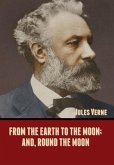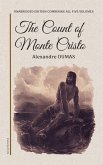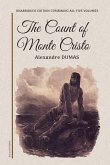This is the first complete English-language translation of La Guzla, ou Choix de poésies illyriques recueillies dans la Dalmatie, la Bosnie, la Croatie et l'Herzégowine, which presents a collection of folk literature from the former Illyrian Provinces. Or does it? It contains short pieces drawing from various genres-ersatz scholarly essays, ballad lyrics presented in the form of prose poems, folk tales, a fragment of a stage play-all generously peppered with footnotes explaining the historical and sociological context of these "discoveries." First published in 1827, La Guzla purported to be a collection of folktales, ballad lyrics, and travel narratives compiled and translated into French by an anonymous traveler returning from the Balkans. Before long, though, it was revealed that both the stories and their "translator" were the fictional creations of a young civil servant, Prosper Mérimée, who would later become one of the most accomplished French writers of his generation. In these dramatic tales of love, war, and encounters with the supernatural, Mérimée has given us both a treasure trove of "fakelore" and a satirical portrait of a self-appointed expert blissfully unaware of how little he understands the cultures he claims to represent.
Hinweis: Dieser Artikel kann nur an eine deutsche Lieferadresse ausgeliefert werden.
Hinweis: Dieser Artikel kann nur an eine deutsche Lieferadresse ausgeliefert werden.








